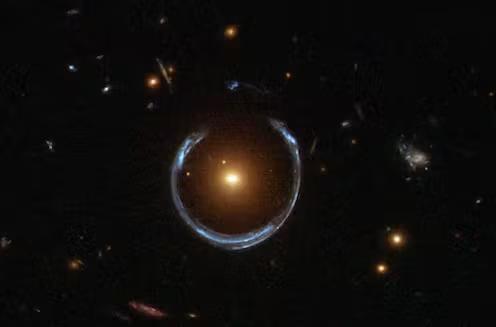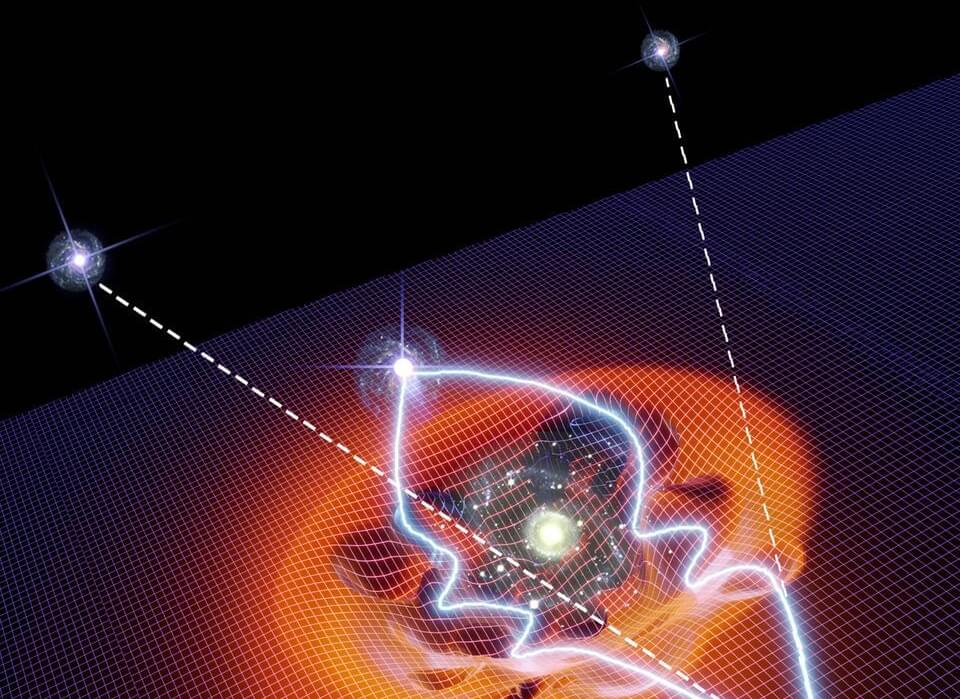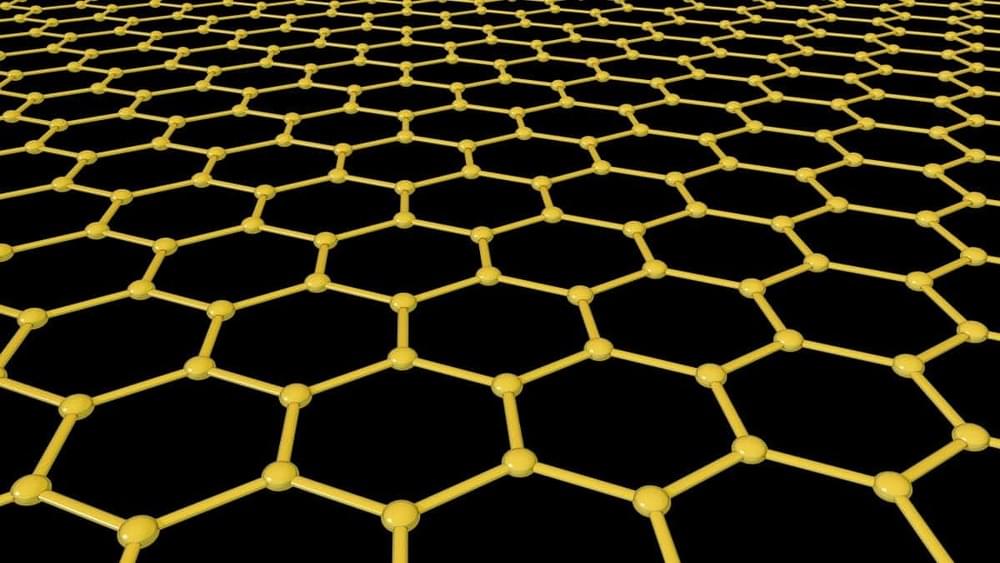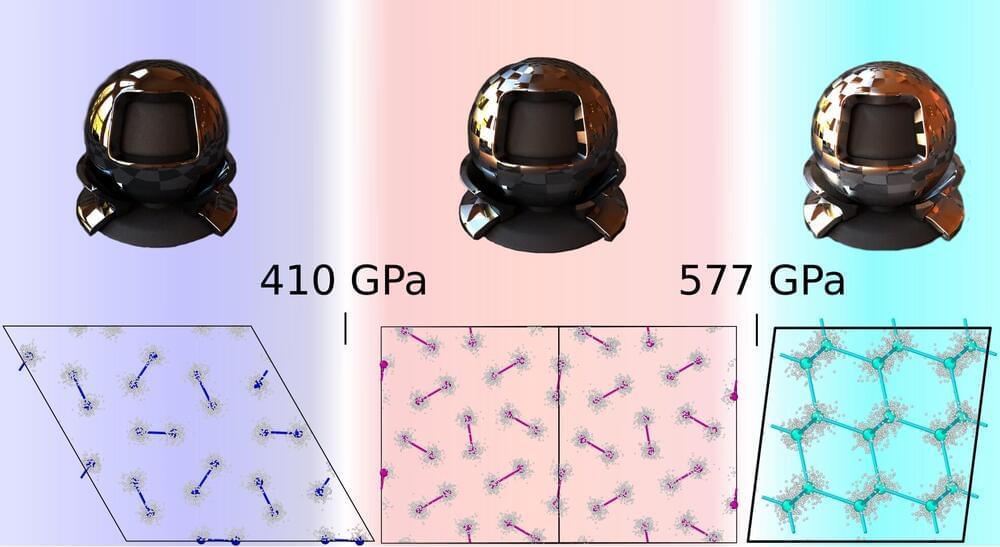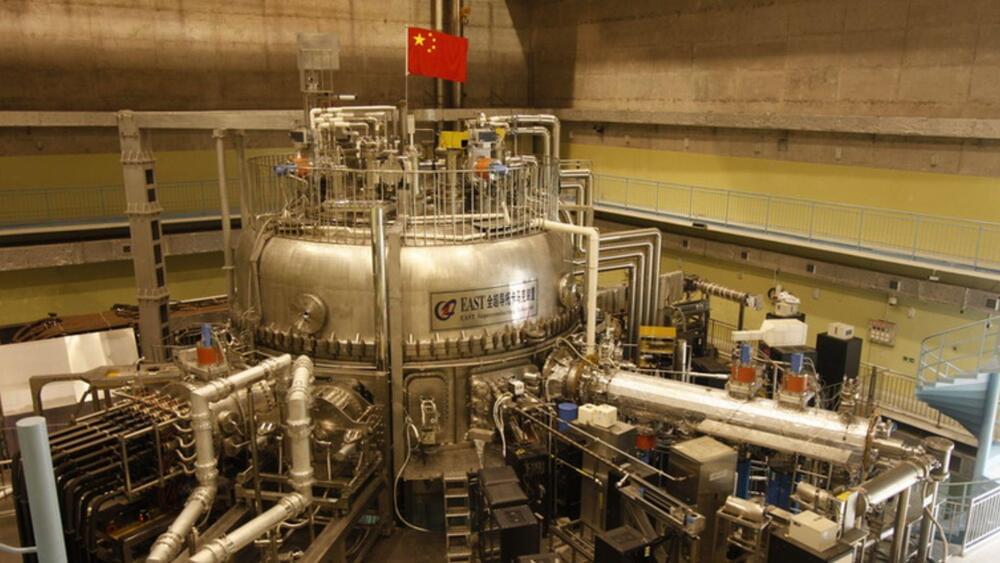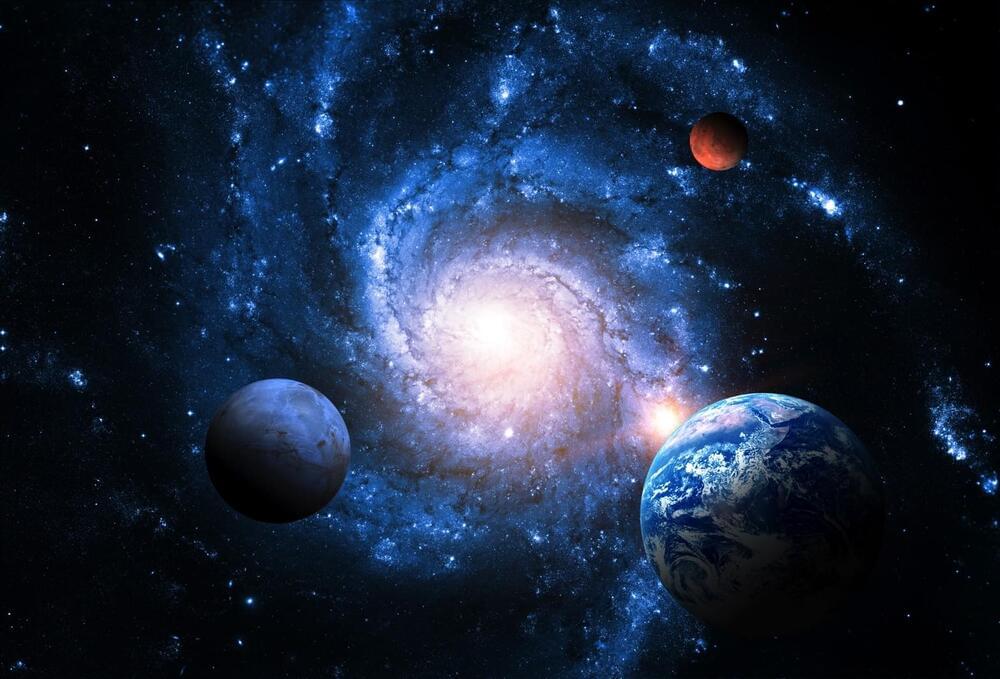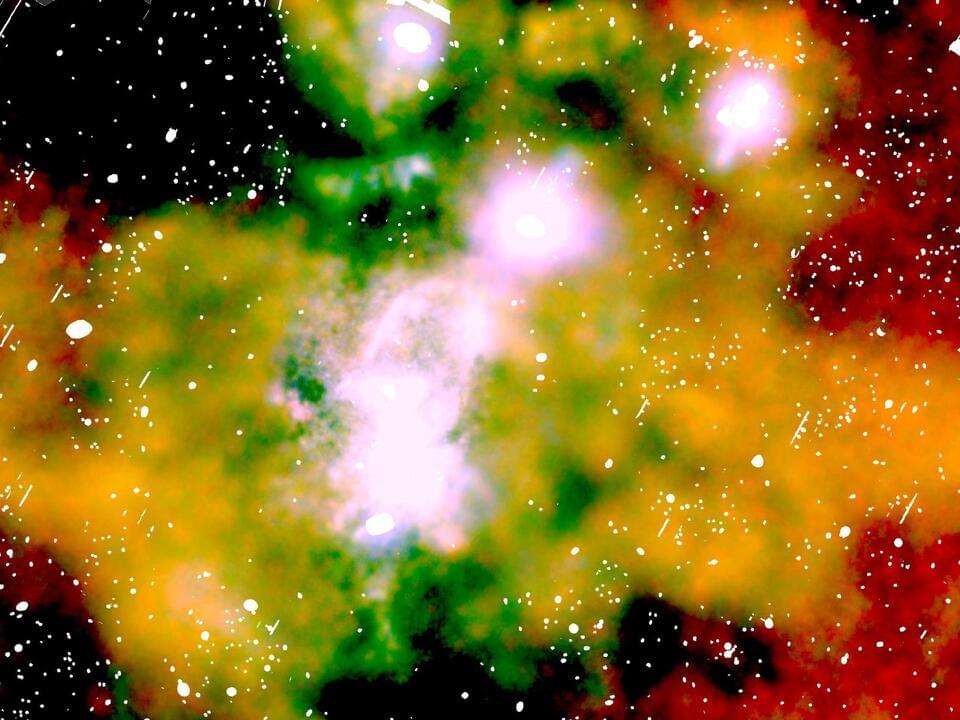Physicists believe most of the matter in the universe is made up of an invisible substance that we only know about by its indirect effects on the stars and galaxies we can see.
We’re not crazy! Without this “dark matter”, the universe as we see it would make no sense.
But the nature of dark matter is a longstanding puzzle. However, a new study by Alfred Amruth at the University of Hong Kong and colleagues, published in Nature Astronomy, uses the gravitational bending of light to bring us a step closer to understanding.
